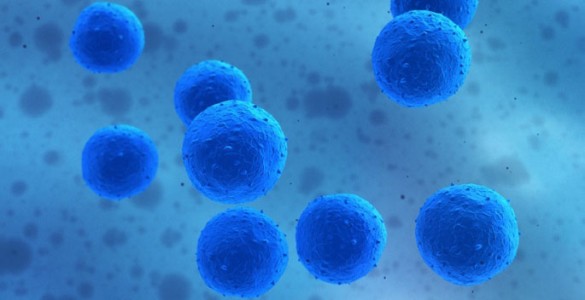
Mesenchymal stem cells (MSCs) – adult stem cells traditionally found in bone marrow – have been used therapeutically to repair injured heart, soft tissue and bone. However, more than 100 clinical trials of MSCs in cardiovascular diseases have demonstrated only modest improvements in cardiac function.
To explore factors that may limit the potency of MSC-based regenerative therapy, Sarika Saraswati, Ph.D., Pampee Young, M.D., Ph.D., and colleagues evaluated the responses of MSCs to the low oxygen conditions (hypoxia) found in injured tissue. They reported in the April issue of Stem Cells that MSCs switch to anaerobic metabolism, and have dramatically increased expression of a monocarboxylate transporter (MCT4), a lactate exporter. Using a mouse model of cardiac injury, the investigators showed that MSCs expressing high levels of MCT4 worsened cardiac function, whereas MSCs with silenced MCT4 significantly improved cardiac function.
The findings reveal a metabolic alteration in MSCs that adversely affects cardiac repair, suggesting that strategies to prevent this response may boost MSC therapeutic efficacy.
This research was supported by grants from the National Institutes of Health (HL088424, GM081635) and the American Heart Association, and by a Veterans Affairs Merit Award.
Send suggestions for articles to highlight in Aliquots and any other feedback about the column to aliquots@vanderbilt.edu














